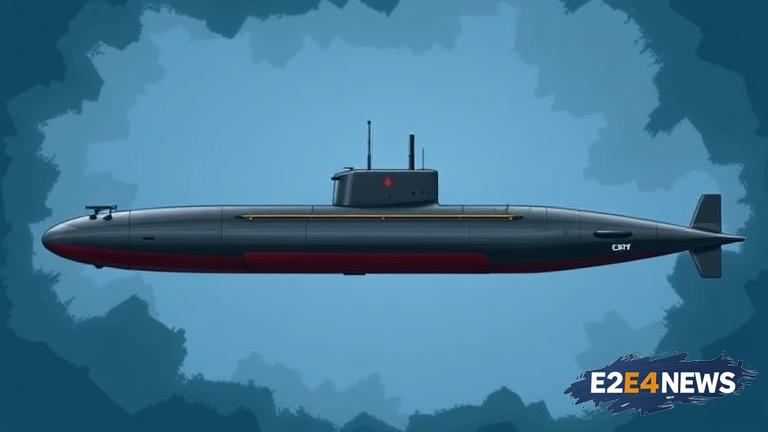Canada has taken a crucial step in its pursuit of acquiring new submarines by shortlisting Germany and South Korea as potential suppliers. This decision comes after a thorough evaluation of various bids from different countries, with the aim of replacing its aging Victoria-class submarines. The Canadian government has been keen on upgrading its naval capabilities to ensure the country’s security and sovereignty, particularly in the face of increasing global tensions. The new submarines are expected to play a vital role in Canada’s maritime defense, enabling the country to better protect its interests and contribute to international security efforts. Germany and South Korea have emerged as the top contenders due to their proven track record in designing and manufacturing advanced submarines. The German company, ThyssenKrupp Marine Systems, has a long history of producing high-quality submarines, while South Korea’s Daewoo Shipbuilding & Marine Engineering has also demonstrated its capabilities in this field. The Canadian government is expected to conduct further evaluations and negotiations with the shortlisted companies before making a final decision. The acquisition of new submarines is part of Canada’s broader plan to modernize its military, with a focus on enhancing its naval, air, and land capabilities. The country’s defense strategy is centered around protecting its sovereignty, contributing to international peace and security, and promoting stability in the region. The new submarines will be equipped with advanced technology, including improved sensors, communication systems, and weaponry, enabling the Canadian Navy to operate more effectively in various environments. The acquisition process is expected to be complex and time-consuming, with various factors being considered, including cost, performance, and interoperability with existing systems. The Canadian government has also emphasized the importance of industrial benefits, seeking to maximize the economic benefits of the acquisition for Canadian companies and workers. The shortlisting of Germany and South Korea has been welcomed by industry experts, who believe that both countries have the necessary expertise and experience to deliver high-quality submarines. However, the final decision will depend on various factors, including the outcome of further evaluations and negotiations. The Canadian Navy has been operating the Victoria-class submarines for several decades, and the new acquisition will mark a significant upgrade in its capabilities. The new submarines will be designed to operate in various environments, including the Arctic, where Canada has significant interests. The acquisition is also expected to have a positive impact on the Canadian economy, with potential opportunities for local companies to participate in the manufacturing process. The Canadian government has committed to transparency and accountability throughout the acquisition process, with regular updates and briefings provided to the public and stakeholders. The decision to shortlist Germany and South Korea has been seen as a positive step towards achieving Canada’s defense goals, and the country is expected to continue its efforts to modernize its military in the coming years. The acquisition of new submarines is a critical component of Canada’s defense strategy, and the country is keen to ensure that it acquires the best possible capability to meet its needs. The Canadian Navy has a long history of operating submarines, and the new acquisition will enable it to continue playing a vital role in the country’s defense and security. The shortlisting of Germany and South Korea has marked a significant milestone in the acquisition process, and the Canadian government is expected to move forward with the next stages of evaluation and negotiation.
